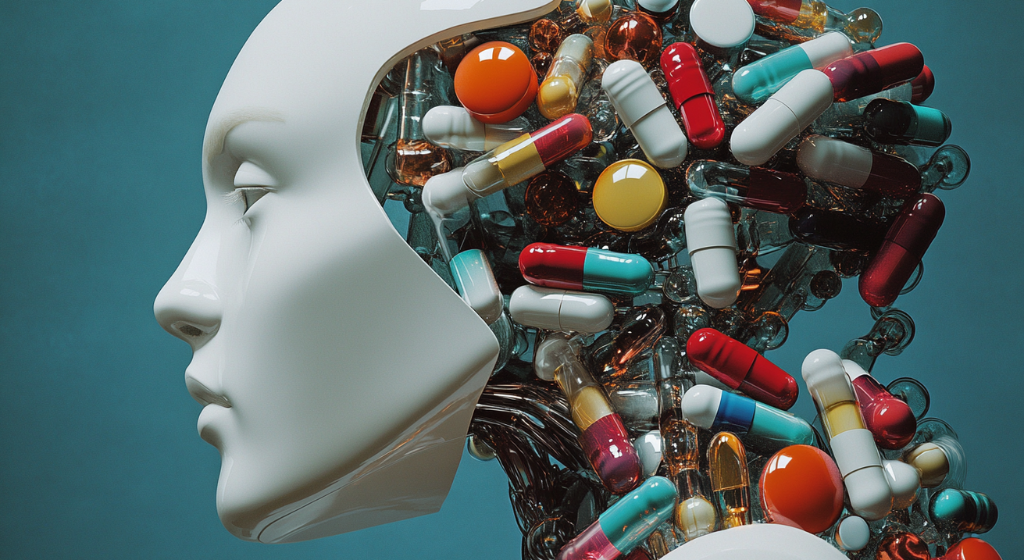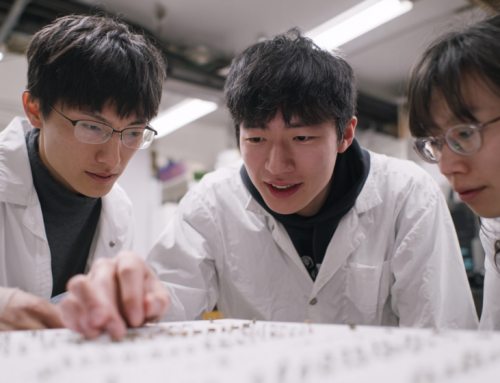
The FDA is exploring AI partnerships, including with OpenAI, to modernize and accelerate the drug approval process, marking a significant step toward integrating AI into public health regulation. (Source: Image by RR)
Research GPT, cderGPT Among Projects Discussed with Regulators
The U.S. Food and Drug Administration (FDA) is actively exploring the use of AI to modernize and speed up the drug approval process, with recent meetings involving OpenAI and other tech figures suggesting growing momentum. FDA Commissioner Marty Makary confirmed on X that the agency had recently completed its first AI-assisted scientific review, pointing to AI’s transformative potential in evaluating treatments for diseases like cancer and diabetes. Sources close to the discussions revealed that a small OpenAI team and individuals linked to Elon Musk’s Department of Government Efficiency have met multiple times with FDA officials to discuss a project referred to as “cderGPT,” possibly connected to the Center for Drug Evaluation and Research.
Leading these conversations is Jeremy Walsh, the FDA’s newly appointed chief AI officer, who has also met with other U.S. government AI leaders. Former FDA Commissioner Robert Califf, as reported in wired.com, noted that the agency has been exploring AI integration for years, though full AI-assisted approvals are still a small component of the broader drug development timeline, where most candidates fail long before FDA evaluation. Califf emphasized that while review speed could improve with AI, the broader opportunity lies in streamlining operational tasks and pre-review assessments.
Industry experts such as Rafael Rosengarten of Genialis support AI’s potential in expediting drug application reviews, particularly for administrative tasks like verifying completeness of submissions. However, they also stress the need for clear policies on training data and acceptable performance thresholds to ensure reliability and safety. Meanwhile, concerns persist over AI’s tendency to generate plausible but incorrect information—highlighting the importance of rigorous validation before deployment in high-stakes regulatory roles.
To support these efforts, the FDA is conducting its own internal AI research and recently launched a fellowship program focused on developing large language models for precision medicine and regulatory science. OpenAI, for its part, has launched ChatGPT Gov and is seeking FedRAMP compliance to work with government data securely. While no contracts have been signed, the discussions mark a pivotal step toward integrating AI into public health infrastructure—offering both promise and challenges for the future of drug development and regulatory oversight.
read more at wired.com







Leave A Comment